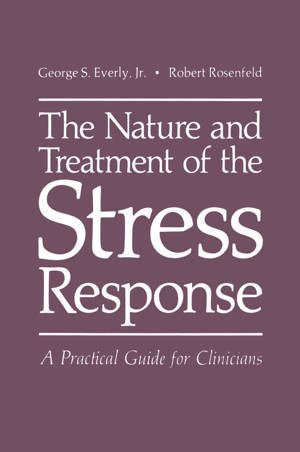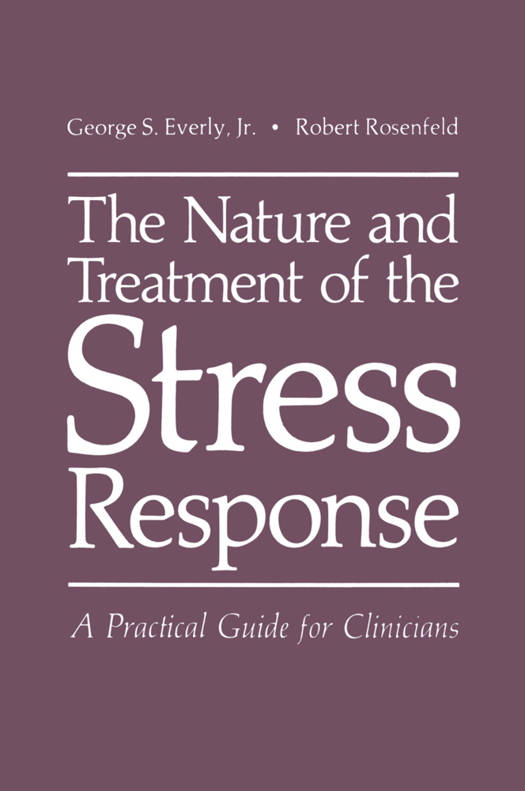
- Afhalen na 1 uur in een winkel met voorraad
- Gratis thuislevering in België vanaf € 30
- Ruim aanbod met 7 miljoen producten
- Afhalen na 1 uur in een winkel met voorraad
- Gratis thuislevering in België vanaf € 30
- Ruim aanbod met 7 miljoen producten
Zoeken
The Nature and Treatment of the Stress Response
A Practical Guide for Clinicians
George S Everly Jr, R Rosenfeld
Paperback | Engels
€ 106,95
+ 213 punten
Omschrijving
Barely more than twenty years ago the inquiry into the nature and implications of the psychophysiologic stress response seemed to be restricted to laboratory animals. Today, however, scientists from a wide range of disciplines are studying stress and its implications for human health and disease. This may be because our technical ability actually to measure the phenomenon has increased, as has our understanding of human psychophysiology. Just as important, how- ever, may be the fact that we have entered a new era of disease. According to Kenneth Pelletier, we have entered upon an era in which stress plays a dominant role in the determination of human disease. Pelletier has stated that up to 90% of all disease may be stress-related. Whether this estimation seems inflated or not, the fact remains that clinicians of all kinds, including physicians, psychologists, physical therapists, social workers, and counselors, are daily being confronted with clients suffering from excessive psychophysiologic stress arousal. This fact has created a need to know more about the stress response and its treatment. Although more and more health-care professionals are directly or indirectly working with clients who manifest excessive stress, there has been no text previously written which attempted to condensE' between the covers of a single volume a practical, clinically compre- hensive discussion of what stress is (as best we currently understand it) and how to treat it when it becomes excessive.
Specificaties
Betrokkenen
- Auteur(s):
- Uitgeverij:
Inhoud
- Aantal bladzijden:
- 232
- Taal:
- Engels
Eigenschappen
- Productcode (EAN):
- 9781461332428
- Verschijningsdatum:
- 1/11/2011
- Uitvoering:
- Paperback
- Formaat:
- Trade paperback (VS)
- Afmetingen:
- 152 mm x 229 mm
- Gewicht:
- 322 g

Alleen bij Standaard Boekhandel
+ 213 punten op je klantenkaart van Standaard Boekhandel
Beoordelingen
We publiceren alleen reviews die voldoen aan de voorwaarden voor reviews. Bekijk onze voorwaarden voor reviews.











